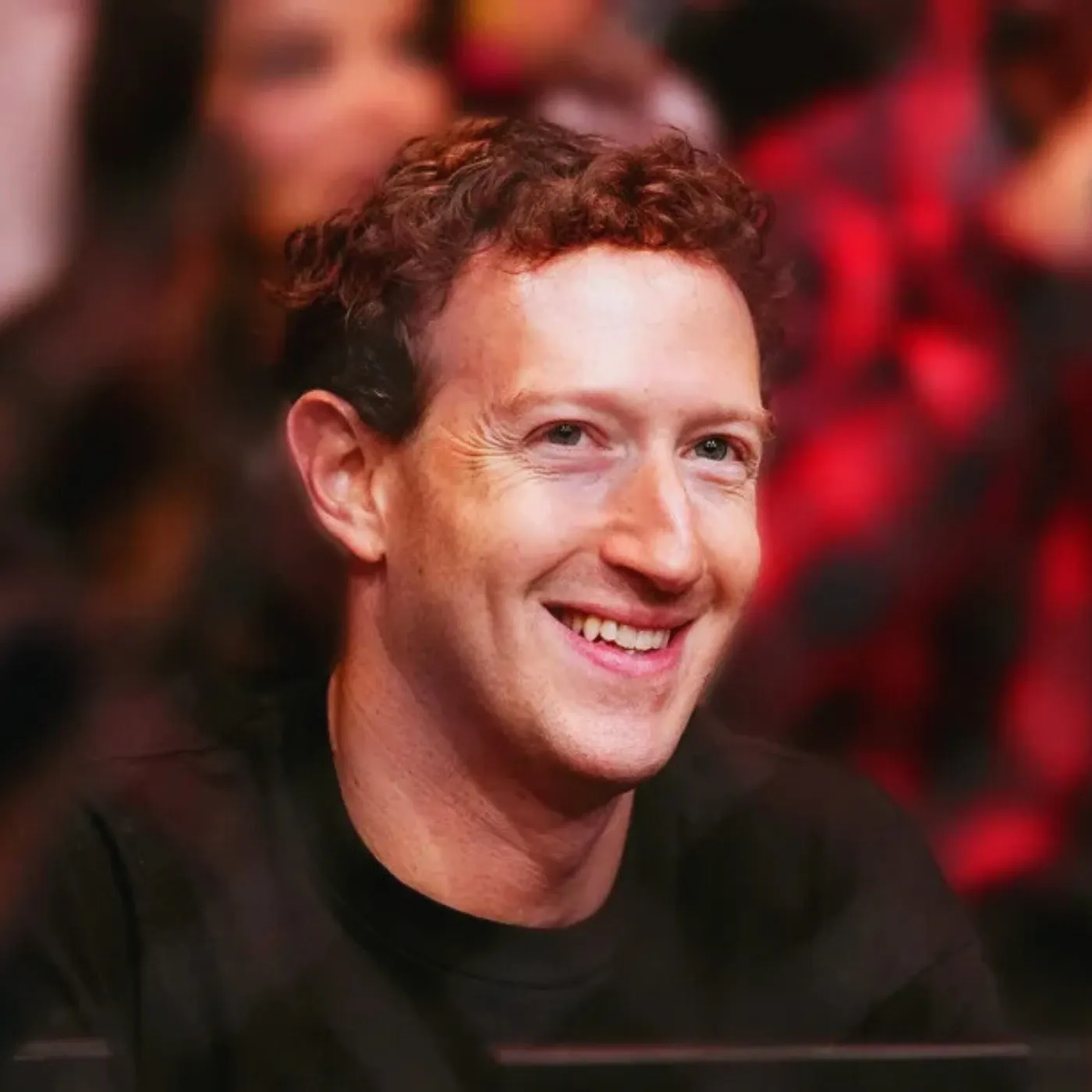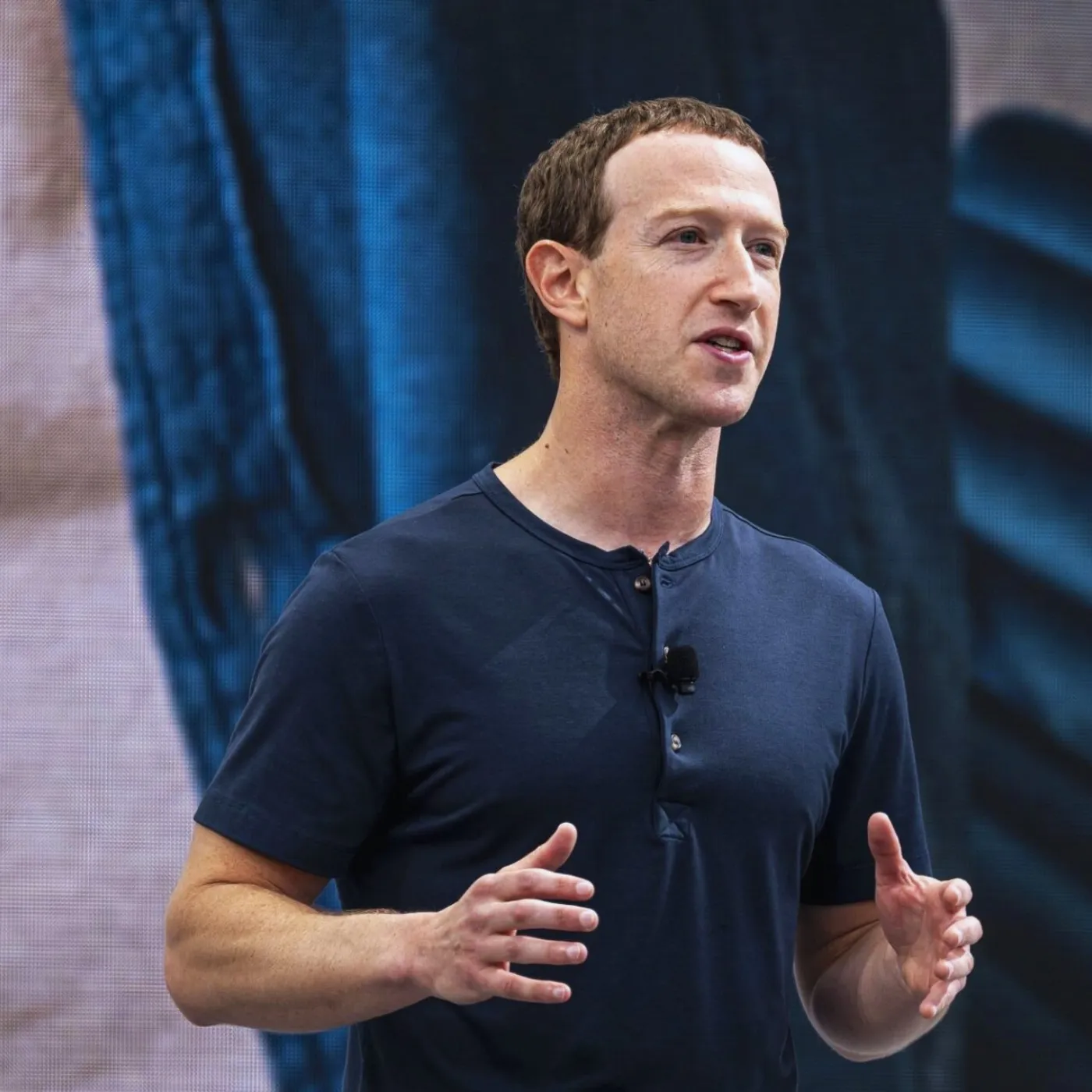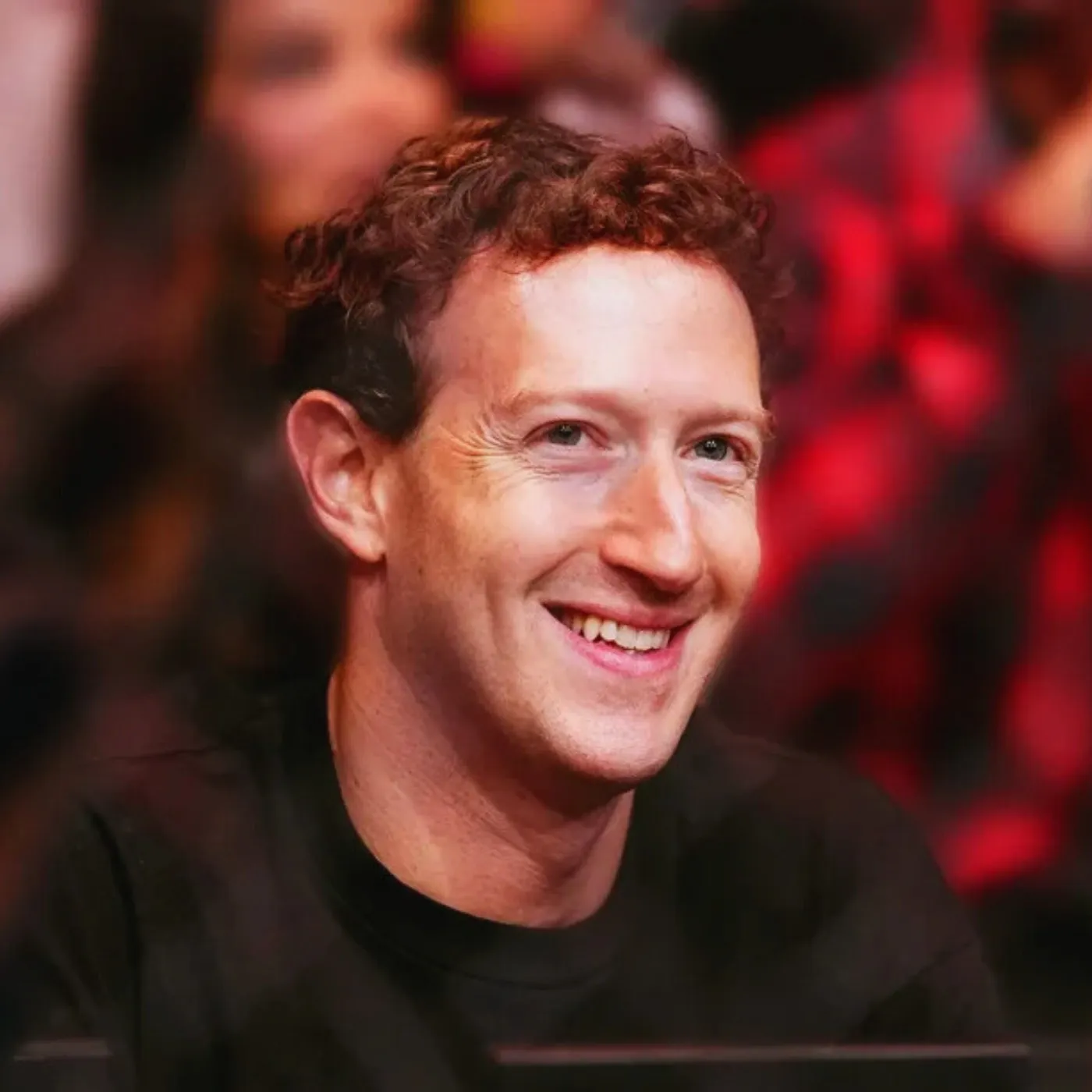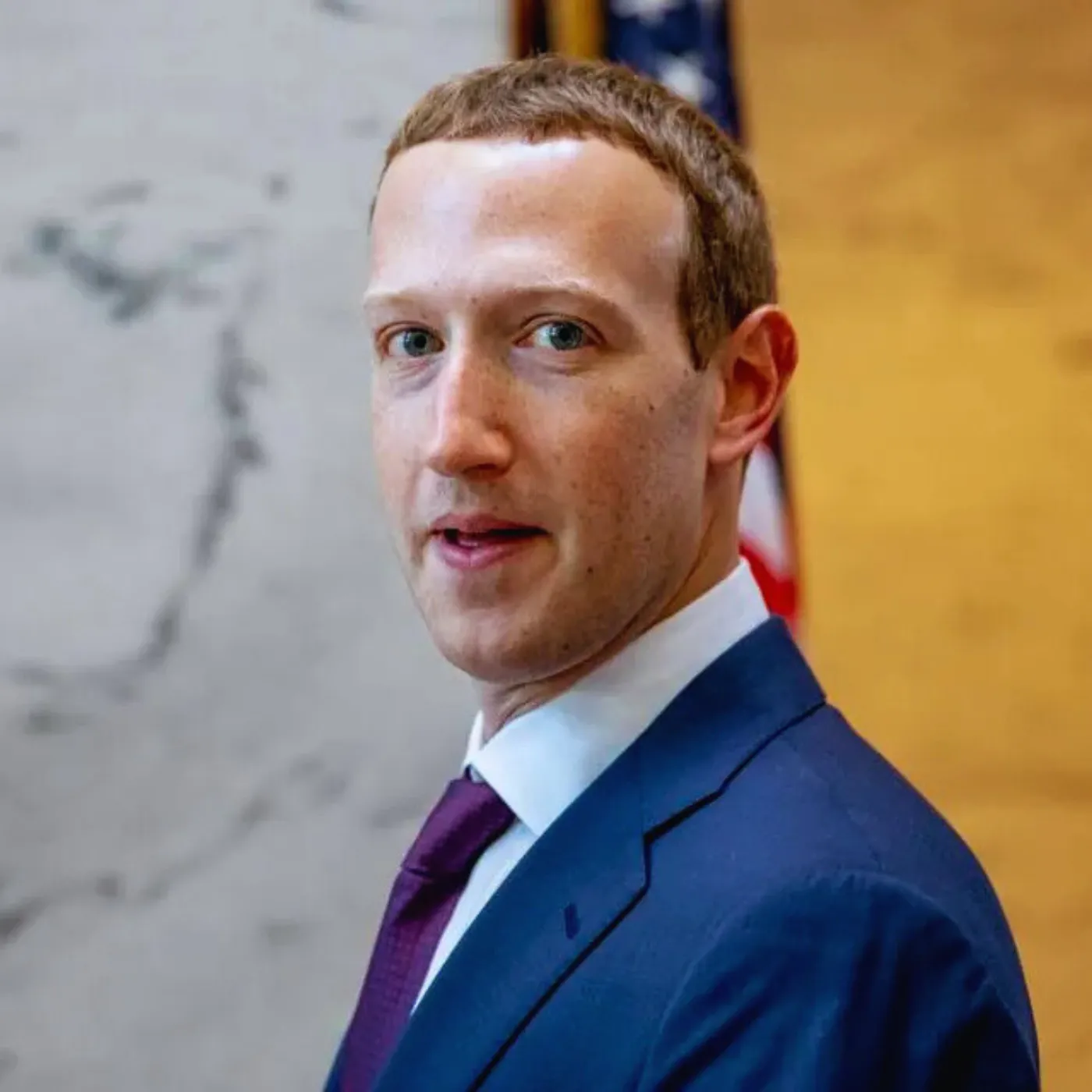

Larry Ellison Surges Past Mark Zuckerberg in Wild AI Billionaire Shakeup
Larry Ellison just dethroned Mark Zuckerberg as the world’s second-richest person, sending shockwaves through Silicon Valley and the business world. This dramatic shift comes on the heels of Oracle’s massive, headline-grabbing AI investment, an aggressive move that’s left analysts scrambling to catch up and rivals wondering how they missed the signals.

Ellison’s leap in net worth isn’t just a story about money. It’s a story about power, strategy, and the future of artificial intelligence—the most lucrative battleground in tech. And it’s a reminder that the battle for AI dominance is getting messier, meaner, and far more personal than most expected.

While Zuckerberg has spent years cultivating Meta’s AI strategy—from big open-source language models to the controversial AI Supercluster plan—Ellison has been playing a different game entirely. Now, with Oracle’s latest moves, that game is paying off in billions.

The Billionaire Ranking Shakeup Nobody Saw Coming
For years, Mark Zuckerberg has been Silicon Valley’s poster child for disruptive wealth. From his Harvard dorm-room coding days to his meteoric rise as Meta’s CEO, his story became synonymous with the modern tech billionaire myth.
But in 2024, the narrative started to crack. While Meta poured billions into VR, the metaverse, and open-source AI initiatives, its stock price struggled to recover from repeated controversies. Meanwhile, Ellison kept a lower profile—at least publicly.
Oracle’s founder has always been known for his ruthlessness in business. But even his closest rivals admit they didn’t see this latest move coming.
When Oracle announced it would double down on AI, the markets went wild. Oracle’s stock surged. Investors realized the company’s approach—offering enterprise-grade AI infrastructure and services—wasn’t just hype. It was poised to be a cash machine.
Ellison’s personal net worth soared past $150 billion, surpassing Zuckerberg’s in the global rankings.
Suddenly, the one-time brash upstart was being overtaken by the original Silicon Valley “pirate.”
The AI Investment That Turned Oracle Around
Ellison’s AI pivot wasn’t overnight.
For years, Oracle was dismissed by Silicon Valley’s younger, sexier players as a lumbering enterprise dinosaur. But behind the scenes, Ellison was investing in cloud infrastructure, AI integration, and a relentless sales push to transform Oracle’s identity.
Analysts say the company’s big move was AI integration at scale. Instead of chasing consumer hype, Oracle focused on the market that always pays: other businesses.
Enterprise customers are desperate for AI tools that don’t just look good in a demo but actually solve real problems at scale. Oracle’s pitch? Let us handle the compute, the storage, the integration. You focus on your business.
That model started to pay off.
But it was Ellison’s personal drive that turned the dial to 11. When rivals hesitated, he authorized deals worth billions to expand data center capacity and secure high-end AI chips.
Oracle’s AI investment announcement wasn’t just a press release. It was a signal to Wall Street that the company was betting the house on AI—just in a smarter, more focused way than the competition.
Zuckerberg’s AI Gamble Meets Ellison’s AI Machine
Meanwhile, Mark Zuckerberg wasn’t standing still.
Meta made headlines with its own AI ambitions. The company’s big bet? Open-source large language models designed to take on the closed systems of OpenAI and Google.
Zuckerberg also revealed plans for a massive AI Supercluster, an advanced data center designed to train Meta’s next-gen models at a scale few companies could match.
But while the vision was bold, the market wasn’t buying it the same way. Meta’s stock remained under pressure as investors worried about its spending, its metaverse detours, and its ability to actually make money from AI.
Oracle, on the other hand, delivered results.
Ellison’s plan wasn’t about changing the world—it was about selling AI to businesses for real money.
As Oracle’s stock surged, Ellison’s net worth rocketed. Zuckerberg, despite his visionary claims, watched as he slipped a place in the billionaire rankings.
Silicon Valley Whispers: Ellison the Kingmaker Again
Tech insiders love to talk about visionaries. But when the money changes hands, respect shifts fast.
Suddenly, the old jokes about Ellison being Silicon Valley’s grumpy billionaire pirate don’t seem so funny.
Insiders are grudgingly admitting: Ellison outplayed them all.
He let the hype swirl around OpenAI and Meta while he quietly locked in paying customers.
He let others fight over model parameters while Oracle built data centers in regions few rivals could match.
He doubled down when others hesitated, showing he still had the stomach for risk at 79 years old.
Now he’s the world’s second-richest person, trailing only the untouchable Elon Musk.
It’s a comeback story few predicted—and it’s being whispered in every boardroom from Palo Alto to Manhattan.
Zuckerberg’s Next Move: More Risk or Retreat?
For Zuckerberg, this isn’t just a lost spot on a billionaire list.
It’s a reputational hit that will make his next moves even riskier.
Sources inside Meta say Zuckerberg is under pressure to prove that his AI investments—like LLaMA, the open-source model family—can actually generate revenue.
The company’s sprawling hardware investments, including the Supercluster, are costing billions.
Meanwhile, ad revenue growth is slowing.
That means Zuckerberg is facing a classic Silicon Valley moment: Double down or pull back?
Meta has bet big before and won. But investors are nervous. AI competition is getting fierce, and the window for seizing market share is shrinking.
Insiders describe the mood at Meta as “tense but defiant.”
One employee put it simply:
“Zuck isn’t giving up. But even he knows Ellison just changed the game.”
Oracle’s Playbook: Ruthless Efficiency
Ellison’s rise isn’t an accident.
His management style has always been legendary for its aggression.
He’s known to micromanage big bets personally, to chew out executives who don’t deliver, and to make gut-level calls that terrify rivals.
Oracle insiders say his AI strategy is no different.
Deals were signed at record speed. Costs were slashed. Teams were given marching orders to lock in contracts with enterprise giants.
It’s old-school business strategy, executed at modern AI scale.
And while Meta held splashy AI demos, Oracle quietly booked billions in new business.
The Billionaire Rivalry Heats Up
If you think Zuckerberg will quietly accept this new ranking, think again.
Sources say he’s already authorizing even bigger AI infrastructure spends, pushing teams to release new open-source models faster, and leaning on his board to support the vision.
Ellison’s win may have embarrassed him, but it also lit a fire.
Meta insiders say a “wartime” mindset has returned, reminiscent of the company’s early battles with Google.
This isn’t over.
It’s just getting started.
What It Means for AI’s Future
Beyond billionaire bragging rights, there’s a bigger question:
What does this mean for the future of AI?
Ellison’s approach is enterprise-focused, profit-driven, and pragmatic.
Zuckerberg’s approach is open-source, infrastructure-heavy, and risky.
These aren’t just personal philosophies—they’re competing visions for how AI will shape the next decade of technology.
Which one wins could determine:
✅ Who controls AI infrastructure globally
✅ Who profits from the AI revolution
✅ How open or closed AI ecosystems remain
For now, Ellison holds the upper hand. But Zuckerberg isn’t backing down.
Final Word: Never Count Out Either of Them
Silicon Valley loves a comeback.
Ellison just delivered one for the ages.
But if history has taught us anything, it’s that Mark Zuckerberg is at his most dangerous when he’s cornered.
Expect fireworks.
Expect drama.
Because in the AI arms race, the only guarantee is that nothing stays stable for long.


















